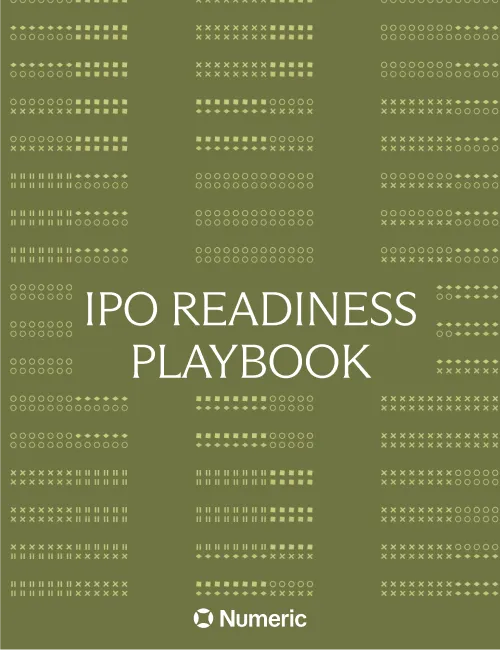Accounts Payable
Accounts payable represents amounts owed by a business for goods or services received, crucial for managing cash flow and financial reporting.
Definition
Accounts payable refers to the amounts owed by a business to its suppliers or creditors for goods or services received but not yet paid for. It is a current liability on the balance sheet, indicating obligations that are due typically within one year. In both GAAP (Generally Accepted Accounting Principles) and IFRS (International Financial Reporting Standards), accounts payable is recorded when an invoice is received, adhering to the accrual basis of accounting. There aren't different types of accounts payable, but the nature of the obligations can vary, such as trade payables to suppliers or amounts owed for utilities and services.
Example
Suppose a company, XYZ Corp, orders raw materials worth $10,000 from a supplier on credit. When the materials are delivered, XYZ Corp will record an entry debiting inventory and crediting accounts payable for $10,000. This entry increases the accounts payable balance, reflecting the amount owed to the supplier. Once XYZ Corp pays the invoice, it will debit accounts payable and credit cash, decreasing the accounts payable balance.
Why it Matters
Understanding accounts payable is crucial for a business as it helps in managing cash flow effectively, ensuring timely payments to creditors, and maintaining good supplier relationships. It is also essential for accurate financial reporting and analysis, as it represents short-term obligations that impact a company's liquidity and working capital management.



















